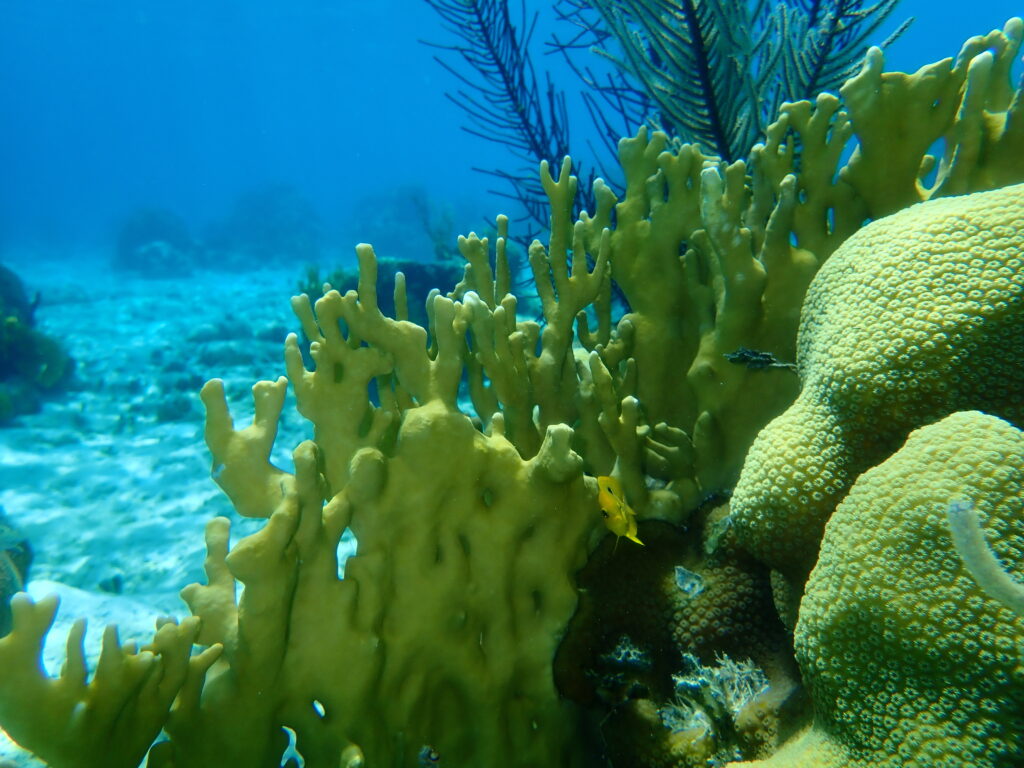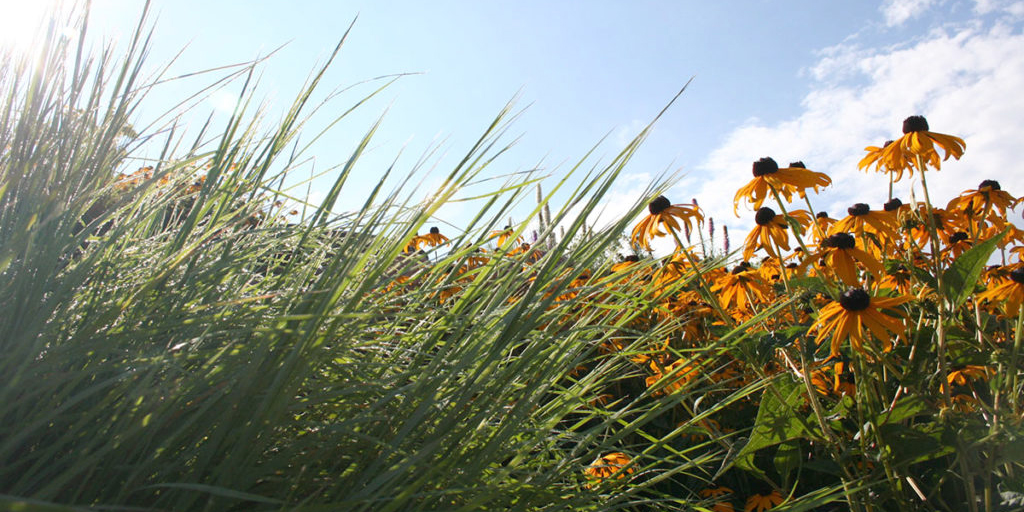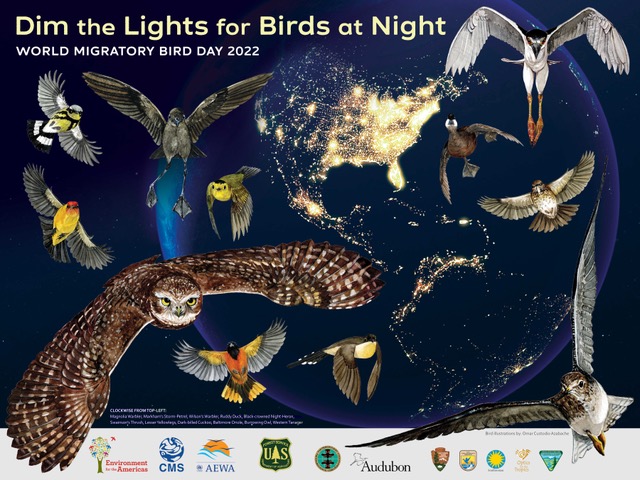
Most of us are familiar with the term wellness. We associate wellness with lifestyle practices such as exercising, having a balanced diet, and taking care of our bodies. As significant as these practices are to live long, healthy lives, there’s a critical component of wellness that is often overlooked, emotional wellness.
The National Center for Emotional Wellness defines emotional wellness as, “An awareness, understanding and acceptance of our feelings, and our ability to effectively manage through challenges and change.” Maintaining a healthy emotional balance helps us form better relationships with peers, make healthier lifestyle choices, and empower people through life’s unexpected changes. October, Emotional Wellness Month, is the perfect reminder to take time out for your brain and make steps towards effectively managing your emotions.
Continue reading “What Have You Done for Your Emotional Wellness, This Month? “









